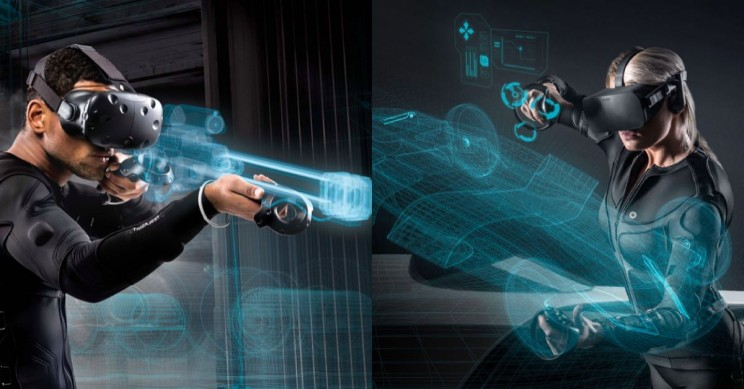AI in gaming is a rapidly growing field that involves the use of artificial intelligence techniques to create more dynamic and engaging gaming experiences. This can involve creating non-player characters (NPCs) that exhibit more lifelike behavior, generating procedural content that is unique to each player, and providing adaptive gameplay that changes in response to the player’s actions.
One of the top AI innovations in gaming is the use of AI and procedural generation. This involves using AI algorithms to generate game content, such as levels, items, and quests, in a way that is unique to each player. This can create infinite content possibilities and help keep players engaged over the long term.
Another important area of AI in gaming is the use of AI and NPCs. By creating NPCs that are more intelligent and responsive, game developers can create more immersive and engaging game worlds. This can involve using machine learning techniques to train NPCs to behave in a more human-like way and to adapt to changes in the game environment.
AI is also being used to balance games and to provide game analytics. By analyzing data from players, developers can identify areas of the game that need improvement and make changes to improve the player experience. AI can also be used to automate the balancing of games, helping to ensure that the game is challenging but not frustrating for players.
Finally, AI is being used to streamline game design. By automating tasks such as level design and art creation, developers can save time and focus on more creative aspects of game development. AI can also be used to generate new game ideas and to help designers explore new gameplay mechanics.
Looking ahead, the future of AI in gaming is very exciting. Cloud-based gaming with AI, blockchain-based gaming, voice recognition-based games, and wearable support gaming are all on the horizon. Additionally, advancements in AR, VR, and MR are likely to create even more immersive and engaging gaming experiences. AI is also capable of creating games through machine learning and conceptual expansion, which could lead to new and innovative game experiences.
Overall, AI in gaming is an exciting and rapidly evolving field that is helping game developers create more engaging and immersive gaming experiences.
| Category | Description |
|---|---|
| What is AI in gaming? | AI in gaming is about creating dynamic, personalized experiences with non-player characters (NPCs) that behave intelligently and adapt to the game environment, mimicking human players. Their actions are determined by AI algorithms. |
| Benefits of AI in Games | Benefits include enhanced player experience, adaptive gameplay, realistic NPC characteristics, procedural content generation, intelligent game balancing and testing, potential for future innovations, data mining, and efficient testing and bug detection. |
| Types of AI in Gaming | Common types are rule-based AI, finite state machines, pathfinding AI, machine learning AI, behavior trees, and reinforcement learning. |
| Top 5 AI Innovations in Gaming | 1. AI and Procedural Generation 2. AI and NPCs 3. AI and Game Balancing 4. AI and Game Analytics 5. AI and Game Design |
| Future of AI in the Gaming Industry | The future of AI in gaming includes cloud-based gaming with AI, blockchain-based gaming, voice or audio recognition-based games, wearable support gaming and VR gaming, and an improved mobile gaming experience. |
| Top 20 AI Games | Red Dead Redemption 2, Half-Life, Bioshock Infinite, Grand Theft Auto 5, Alien: Isolation, F.E.A.R., Gothic, S.T.A.L.K.E.R.: Shadow Of Chernobyl, Halo: Combat Evolved, Middle Earth: Shadow Of Mordor, Minecraft, Darkforest, XCOM: Enemy Unknown, The Last of Us, Rocket League, Google Quick Draw, FIFA, Tom Clancy’s Splinter Cell: Blacklist, AlphaGo Zero |


